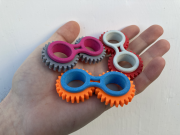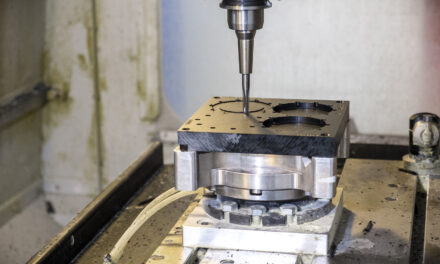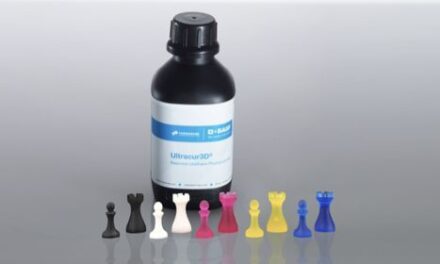HP has announced an initiative to assist the development of Additive Manufacturing skills for Product Design Engineering students at the Glasgow School of Art and the University of Glasgow. Collaborating with Autodesk and channel partner Matsuura, the programme was developed in response to the challenges faced by students as a result of Covid-19, meaning access to prototyping and modelmaking facilities and equipment were limited.
Each year at the Glasgow School of Art (GSA), fourth-year Product Design Engineering students must design, develop and manufacture a product to sell. Known as the ‘PDE Collection’, the project is completed in the first semester of the year (late September to early December). Students will be able to access a portfolio of tools across the entire Autodesk Fusion 360 integrated platform, which connects teams through a product development and manufacturing ecosystem with a central, cloud-based model. For this year’s project, HP has been assisting with 3D prototyping and post-processing and will collaborate with channel partner Matsuura to offer further support in producing the final products. Using 3DP technology for the prospective Design Engineers’ final projects offers the benefit of a fast and cost-effective approach to product design as it allows for greater experimentation at this critical learning stage.
“We saw the challenges posed to students by Covid-19 in accessing university equipment, meaning they found it difficult to develop prototypes,” says Peter Harris, Additive Manufacturing Manager of Matsuura. “We were delighted to work with HP to produce the various parts and prototypes that these students needed using our range of HP Multi Jet Fusion 5200, 4200 and 580 machines.”
According to Craig Whittet, PDE Head of Department, sustainability is of increasing importance to students when developing products, something the PDE project strongly encourages. The GSA reports that an increasing number of graduates are developing concepts and products with circular economy principles at the heart of the process. Using 3D printing as part of the production process is an excellent way of reducing waste, particularly as updates to students’ designs can be made without having to create new moulds for each version.
Hugh Pizey, PDE Lecturer at the GSA, said “It’s been a huge boost to our programme to have HP as a partner on our PDE project this year. Under these difficult circumstances for the students, they are revelling in the opportunity to access this state-of-the-art 3D printing technology to bring their ideas to life.”
Maryam Qureshi, Applications Engineer for HP, has been at the helm of building the brief for the project and developing student interest in Additive Manufacturing as a production tool, guiding students on managing the multiple files for the prototypes and product parts. She said: “We have been very excited to get involved in the PDE project with GSA this year, and myself in particular as I qualified in Mechanical Engineering from Queen Mary, University of London. I have really enjoyed working with the students and showcasing to them what is possible with HP’s 3D technology.” In past years, students would normally sell their products in a pop-up store set up by the PDE department, but with the difficulties posed to retail by Covid-19, the students have instead opted to sell online. The website can be found here.


